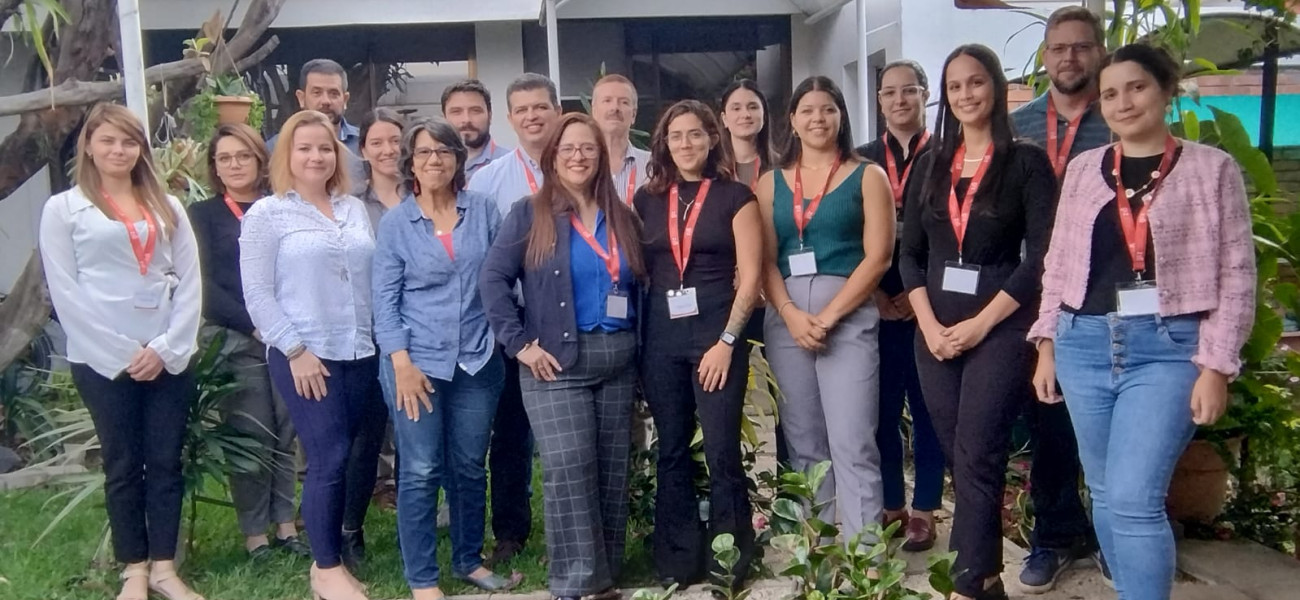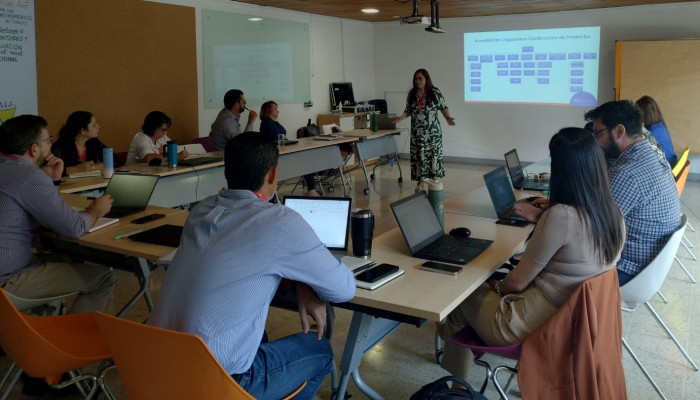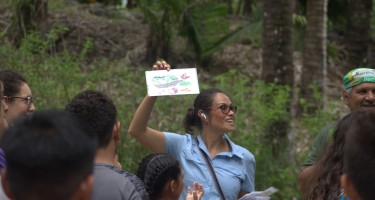Central America is combatting greenwashing!
Costa Rica trains certification bodies to provide eco-labeling for products and services

Participants of the course. © Gloriana Chavarría, EcoAdvance
On May 21 and 22, 2024, the EcoAdvance project trained certification bodies that can provide environmental labeling, thus avoiding misleading practices known as greenwashing, in order to provide consumers with the confidence to make informed decisions when making their purchases.
There were 11 organizations that received the course on the fundamentals and interpretation of the INTE-ISO/IEC 17065:2013 - Certification of products, processes and services, in order to improve their capabilities and prepare the country to be able to certify products with internationally recognized environmental labels.
Greenwashing is a practice that attempts to deceive consumers by pretending that a product or service is environmentally friendly, when it is not.
The impact of greenwashing in Central America is of particular concern due to the region's high environmental vulnerability. Deforestation, pollution and climate change pose significant threats to local ecosystems and the communities that depend on them. Therefore, the practice of companies claiming to be sustainable without implementing substantial changes perpetuates harmful activities and complicates the implementation of effective solutions. It also undermines trust in brands and environmental certifications, making it difficult to make informed and responsible purchases.

11 organizations received the course. © Gloriana Chavarría, EcoAdvance
The next step will be to provide courses on national and international environmental labeling standards and to support the accreditation process for organizations selected through a competition.
To date, Costa Rica's main barrier to certifying its products and services, as established in the National Environmental Labeling Program, has been the lack of accredited certification bodies that can provide a reliable service during the evaluation process that guarantees the environmental performance of products and services. These initiatives are expected to eliminate this barrier so that by 2025 this capacity will be in place.
In parallel, the EcoAdvance project is working to create market interest in more sustainable products and services, setting in motion a positive cycle of supply and demand toward responsible consumption and production patterns.
- Country: Costa Rica
- Project:
- Contact:


